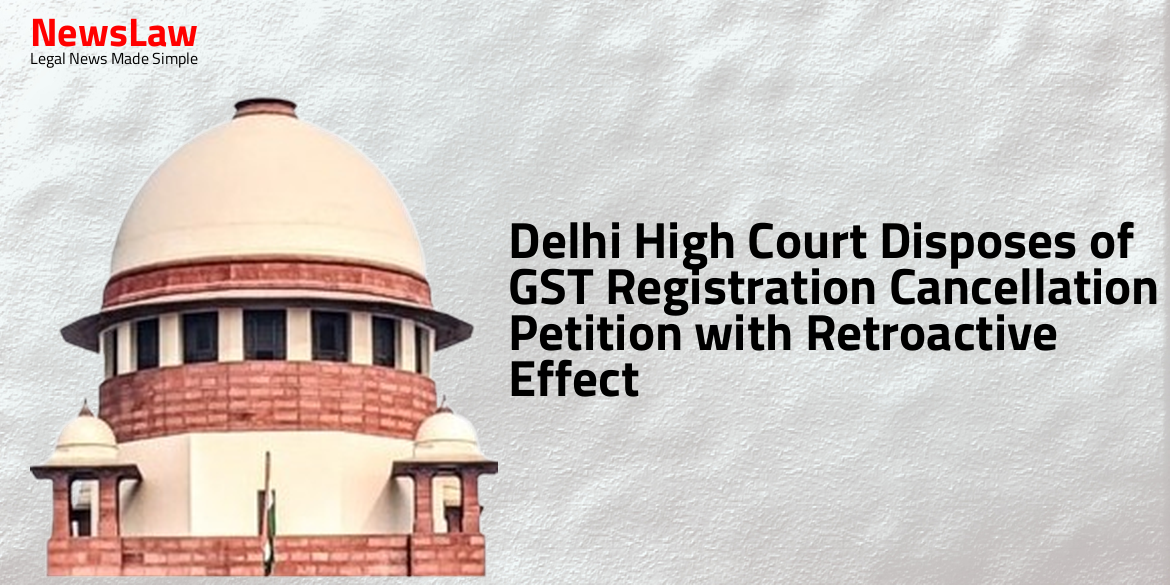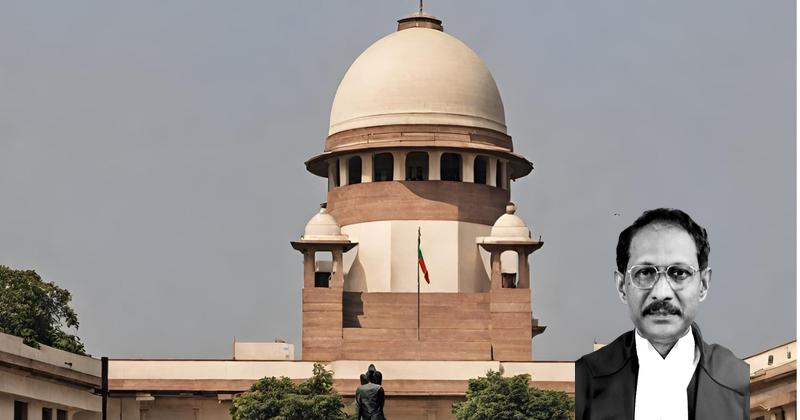Delve into the intricacies of court’s legal analysis regarding compassionate appointment criteria in this detailed blog. The focus is on the significance of financial conditions for eligibility and the strict interpretation of rules governing such appointments. Stay tuned to gain insights on the legal nuances surrounding compassionate employment in the context of this case.
Facts
- The committee rejected the proposal for the compassionate appointment of the respondent with the petitioner based on the family’s estimated monthly income.
- The appellant-Bank has framed schemes for dependents of deceased/physically incapacitated employees in line with guidelines from the Government of India/Indian Banks Association.
- A Circular dated 11.08.2014 introduced a revised scheme for compassionate appointment in Public Sector Banks.
- The respondent’s application for compassionate appointment was considered by a Four Member Committee on 25 January, 2018.
- The respondent’s father voluntarily retired due to medical incapacitation on 25.06.2015.
- The respondent applied for compassionate appointment on 20.07.2015 but did not disclose his employment at ICICI Bank.
- Employees seeking premature retirement due to medical reasons were eligible for the Scheme if the family income was less than 60% of the last drawn gross salary.
- The respondent resigned from ICICI Bank on 02.03.2016, although he had applied for compassionate appointment almost eight months prior.
- The family of the retired employee received income from investments.
- A circular dated 08.04.2018 notified ‘The Scheme for Appointment on Compassionate Grounds or Payment of Lumpsum Ex-Gratia Amount’.
- The Compassionate Appointment Scheme came into effect from 06.08.2014.
- The retired employee was earning a monthly pension and had received retiral benefits.
- The Scheme allowed for payment of an ex-gratia amount to employees seeking premature retirement due to medical reasons.
- The respondent’s father’s request for premature retirement was granted on 26.06.2015.
- Compassionate appointment under the Scheme was subject to the family income not exceeding 60% of the last drawn gross salary of the retired employee.
- The respondent’s father applied for voluntary premature retirement on 16.04.2015 due to medical incapacitation.
- The appellant bank was directed by the High Court to consider the respondent for compassionate appointment based on seniority from the date the respondent quit his clerical job with ICICI Bank Limited.
- The High Court’s decision was based on the respondent being the first to file an application for compassionate appointment.
- The High Court’s judgment was in response to a writ petition (Writ Petition No 12352 of 2018) filed by the respondent.
Also Read: Court’s Jurisdiction in Re-appraising Arbitrator’s Findings
Arguments
- The right of the respondent-writ petitioner to be inducted in employment of the appellant-Bank on compassionate grounds cannot be defeated solely based on the family being indigent.
Also Read: Contrary Directions in Issuance of Letter of Intent
Analysis
- Compassionate employment is granted to help the family in times of sudden crisis.
- The existence of a family benefit scheme providing monthly payments does not negate the need for compassionate appointment.
- Financial criteria are crucial for eligibility for compassionate appointment under the scheme.
- Rules that incorporate financial criteria for such appointments are valid and must be strictly interpreted.
- Compassionate appointments cannot be automatic and are subject to the employer’s scheme.
- The government or relevant authority must assess the financial condition of the deceased employee’s family to determine eligibility for compassionate appointment.
- Compassionate employment is not to be granted as a matter of course, but as an exception for the dependents of deceased/incapacitated employees.
- It should only be granted to one of the dependents (parents, spouse, son, or daughter) and not to all relatives.
- Such appointments should be limited to Class III and IV posts.
- The relaxation for compassionate employment was initially granted until 31.12.2011.
- The resolution dated 01.03.2014 increased recruitment on compassionate grounds from 5% to 10% for Class C and D posts.
- The ban on compassionate appointments imposed in 2005 was continued in 2012.
- Compassionate appointments are aimed at providing relief against destitution for the dependent family members.
- The consideration for compassionate appointment should strictly adhere to the prevailing rules applicable to the deceased/prematurely retired employee.
- Compassionate appointments are an exception to the rule of equality, meant to help families in crisis caused by incapacitation or death of the breadwinner.
- Compassionate appointment is made to meet a sudden crisis in the family due to the death or medical invalidation of the breadwinner while in service.
- This exception is based on the services and legitimate expectations of the deceased employee and the impact on the family.
- Compassionate employment must be in accordance with rules or regulations set by the government or public authority.
- Requests for compassionate employment should strictly follow the governing scheme with no room for discretion outside the scheme.
- Compassionate appointment law is well settled, so other judgments cited are not necessary.
- The respondent-writ petitioner’s application was liable for rejection due to suppression of material facts.
- The High Court erred by ignoring the financial criteria for compassionate appointment and the suppression of the respondent’s ICICI Bank appointment.
- The writ petition was subject to rejection based on the suppression of information alone.
- The respondent-writ petitioner did not have a special claim or right to employment as a dependent family member of the retired employee.
Also Read: Application for Stay in Civil Suit Rejected: Court’s Legal Analysis
Decision
- The appeal has been allowed.
- Pending applications, if any, have been disposed of.
- The impugned judgment and order have been set aside.
- There shall be no order as to costs.
Case Title: CENTRAL BANK OF INDIA Vs. NITIN (2022 INSC 1313)
Case Number: C.A. No.-005111-005111 / 2022



